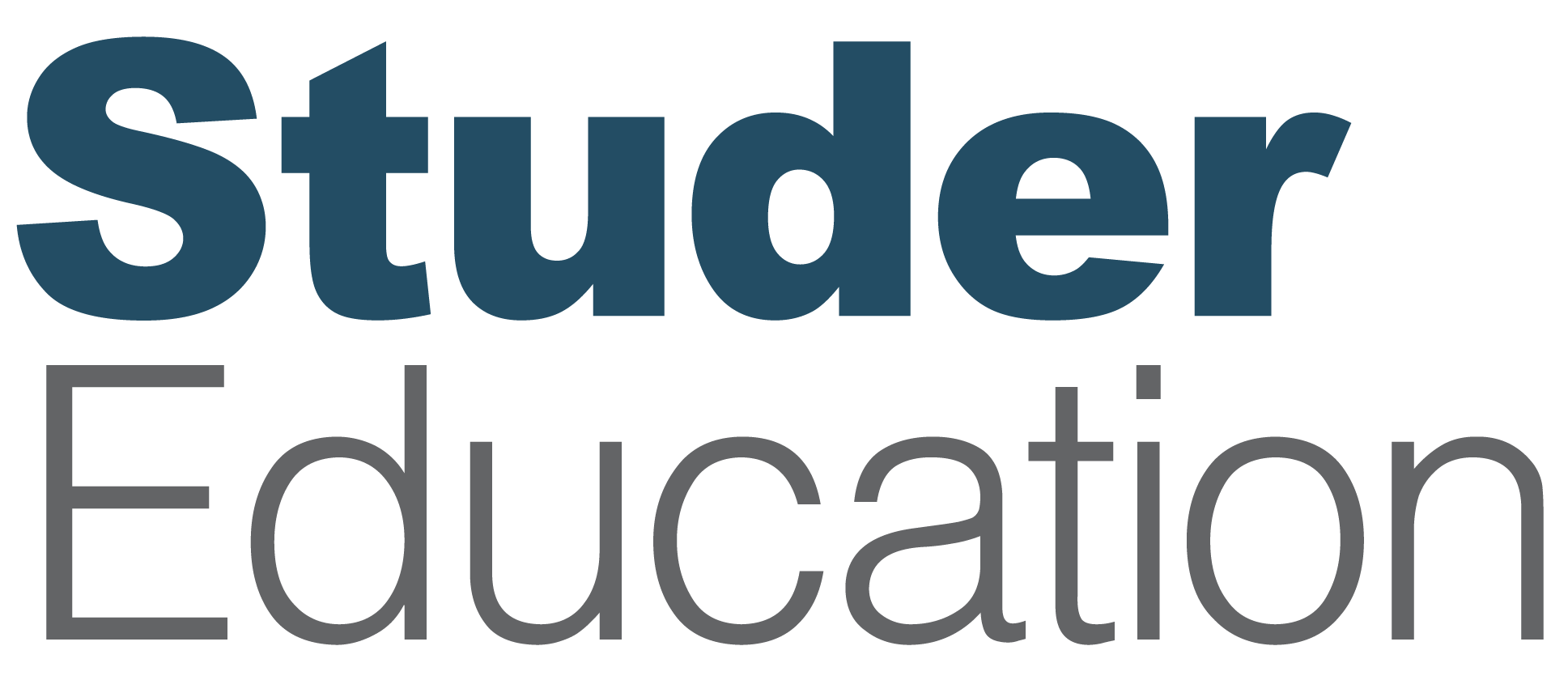
“Leaders as Great Coaches of Teams” Series Premiere
Join Dr. Janet Pilcher, author of Hardwiring Excellence in Education, as she kicks off a new series that empowers leaders to become great coaches of their teams. In this short solo episode, Janet highlights four key focus areas for driving peak organizational performance in 2025. She also sets the stage for upcoming episodes, where she’ll interview leaders about the specific tactics they use to support these focus areas.
Latest Episodes
[Intro music plays in the background.]
Janet Pilcher: Hello everyone, welcome to 2025. Welcome to Accelerate Your Performance. I’m your host, Janet Pilcher. Glad to have you with us as we start the new year.
So I start today by putting forward a concept for what we’ll work on in this year. I believe from the learnings in the field and from readings and where we are at this point in time, from where we were with COVID to where we are going into 2025, I believe that this is going to be a year of deep work. And it’s going to be on us to have the willingness to do the heavy lifting.
Let’s talk a little bit about what that means as I set the stage for our future episodes in this quarter.
Today I set the stage for us, and in the future episodes, we’ll have some of our leaders in our partner organization sharing how to tackle the deep work and how to get to the bottom of the willingness of people to do the heavy lifting. So I’m going to focus on four key focus areas and four key tactics that we’ll continue to come back to.
So the key focus areas this year, first: press harder. Our goal is going to be to up our game, not settle for anything less than being our best. It feels like in many ways that we’ve been pressing hard year after year after year and probably waiting for that opportunity for it to slow down, but I don’t see it in any way this year. In fact, I think it’s going to even ask us to up our game to press a little bit harder.
And that connects us to our second focus area. When we press harder, we are pressing harder on our people. So it’s really important for us as leaders to take care of them. We always want to take care of our people and build the best work environment. It’s really more important this year to proactively apply strategies and tools and tactics to ensure that we’re taking care of our people. What’s also important in taking care of our people is to not allow for individuals to come to work without living up to their highest potential and having high expectations for those that come to work each and every day. And having the highest expectations for our leaders. So it’s the blend of what it means to take care of our people while we’re also setting high expectations and expecting our teams to achieve those expectations and putting even more expectations on our leaders. That’s why it’s so important for us to build a culture in ways that we can take care of our team.
The third area of focus is to do deep study. Deep study in looking at the trends that are occurring, looking at data, but not just a whole wide spectrum of data, but looking at the key pieces of data. For us, it’s aligned to the scorecard that allows us to do the deep study of what’s working, what’s not working, where are the gaps, why are those gaps occurring? Sometimes we may see trends that are continuing to go up, and we want to recognize the bright spots and understand why they’re occurring. Sometimes we may see trends continuing to go down and we’re looking at why are those gaps occurring, what’s making that occur and really studying why that’s occurring and getting underneath the hood to understand that. And sometimes the harder part of the data trends are those that go up and down and up and down and up and down because it’s very difficult to understand what’s occurring there that equally is important for us to get underneath the data to begin to probe and ask deeper questions on why are things occurring in the way that they are.
That allows us to engage in conversations with our teams so that they can be more deeply connected to their work and understand why those problems are existing and help us solve them. I have great confidence in our teams when they see data, their willingness and their ability to help us find solutions.
The fourth area is focusing on few measures, acting on what we see, studying in detail our actions of what’s occurring each and every day and, continuously understanding how we need to improve to get better, to move those trends in a positive direction. Those are the four key areas that I believe are in front of us this year.
Along with the four areas are going to be some specific tactics, and I’m going to talk about four that will continue to come back to as we look at examples with our partner organizations.
First, it’s reviewing the trend data, understanding how to review that, looking at different data analytics and graphs and visuals that help us have better understanding and teaching people how to engage in conversations around those data points and asking good probing questions. That’s a skill that we can teach ourselves and others in a way that we can get better at doing that analysis.
And once we have determined how we’re going to act on what we see as one of our major gaps, it’s important for us to apply huddles, and more on what that looks like in future episodes, but almost daily huddles with key team members, highly focused on how we’re doing with those actions and looking at the data and understanding how that’s occurring, how those actions are occurring in the field, and what that means to the potential outcomes and the trends.
The third area is as we’re taking care of our people and we’re pressing harder is rounding with our teams and very intentional purposeful ways, aligned to how we’re applying our actions.
And the fourth area is paying close attention to the words that we use to message why we’re doing what we’re doing, what we’re doing, and how we’re doing the actions and looking at the data and having a deeper understanding of why things are occurring.
Using key words, key messages, so that our teams understand how they are connected to helping us solve the issues at hand, why it’s important for us to press harder, and how what they do contributes to the whole. That’s what we have to look forward to as we move into 2025, and I do mean “look forward to.” I think it’s at these times when we press harder, have a high need of taking care of our people and holding high expectations and doing that deep study with high focus that we get better than we’ve ever been. That’s what we have to look forward to.
[Outro music plays in the background.]
And I look forward to taking this journey with you throughout the year on this podcast and the future episodes as we continue to be our best so that we can do the right, good work, deep work, for our students, families and our teams. Have a great week everyone.








